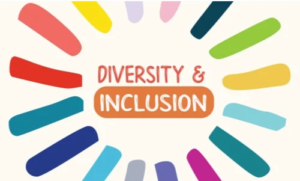
Elections and political participation are essential components of democracy, allowing citizens to shape their government, express their preferences, and hold elected officials accountable. Here’s a closer look at each:

- Elections:
- Elections are formal processes through which citizens choose their representatives and leaders.
- They provide a mechanism for citizens to participate in the governance of their country by selecting individuals or parties to hold public office.
- Elections can take various forms, including national elections (such as presidential or parliamentary elections), local elections (for mayors, city councils, etc.), and special elections to fill vacant seats.
- Key aspects of elections include voter registration, campaigning, voting, and counting ballots.
- Free, fair, and regular elections are fundamental to democracy, ensuring that government officials are chosen by the people and that political power is legitimate and representative.
- Political Participation:
- Political participation encompasses a wide range of activities through which individuals engage in the political process and influence decision-making.
- It includes both formal activities, such as voting in elections, and informal activities, such as attending rallies, joining political parties or interest groups, and contacting elected representatives.
- Political participation also extends to advocacy, activism, and civic engagement, where individuals work to advance specific causes, promote social change, or hold government accountable.
- In democratic societies, political participation is not only a right but also a responsibility, as active citizen engagement is essential for the functioning of democracy and the representation of diverse interests.
- Political participation can occur at various levels, from local community issues to national and international affairs, and it can take place through traditional channels as well as modern forms of communication and activism.
Overall, elections and political participation are essential pillars of democracy, allowing citizens to exercise their rights, influence public policy, and shape the direction of their society. They provide avenues for peaceful expression, representation, and accountability within democratic systems.






